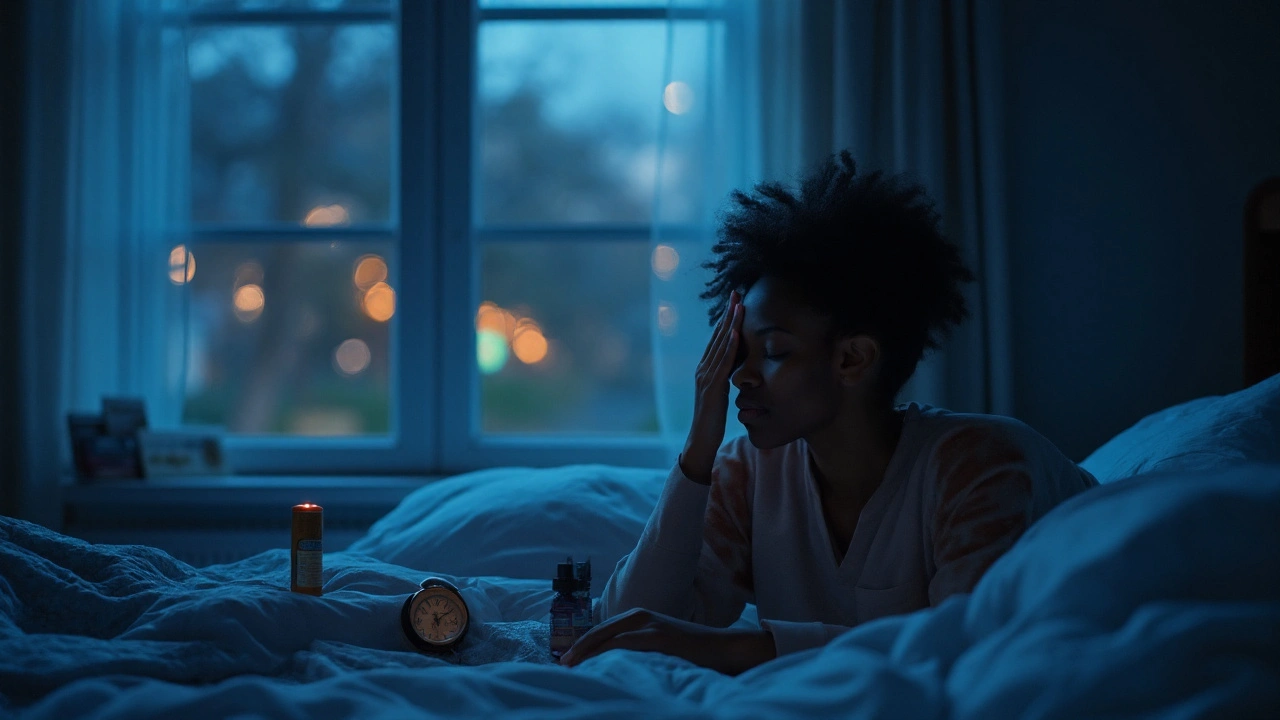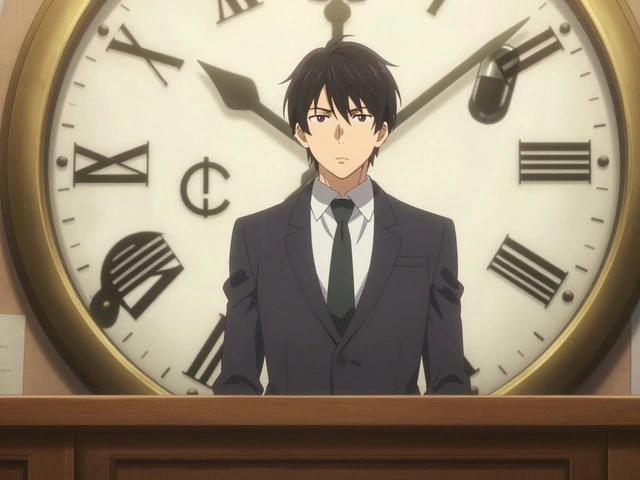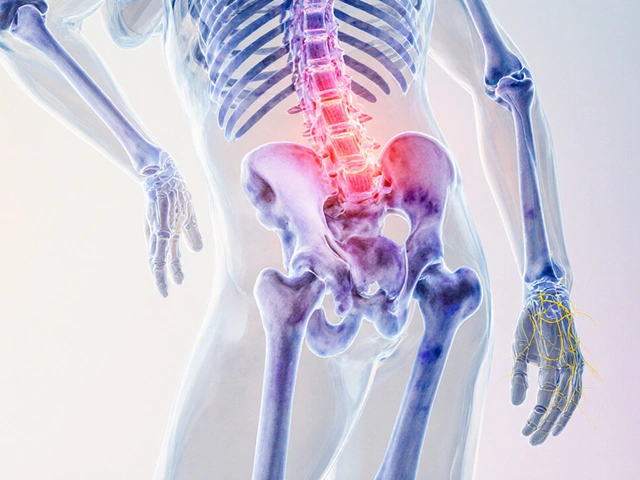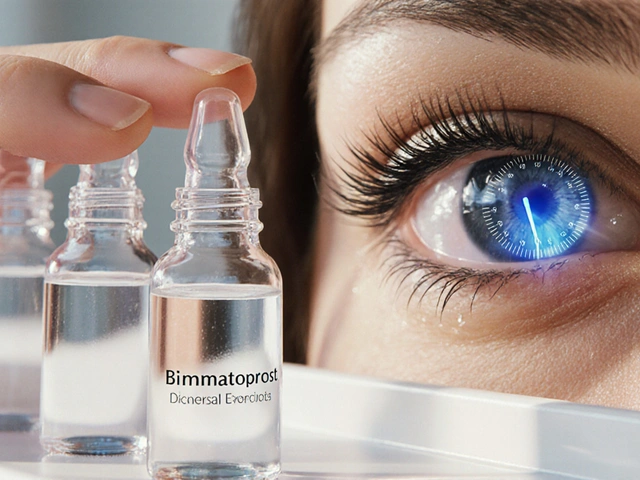Bepotastine: What It Is and When to Use It
If you’ve been told to use Bepotastine, you’re probably dealing with itchy, watery eyes or a runny nose caused by allergies. Bepotastine is a newer generation antihistamine that works both as a eye drop (often sold as Alaway) and as an oral tablet. It blocks histamine, the chemical your body releases during an allergic reaction, so you feel relief faster and for longer.
People choose Bepotastine when they want a non‑sedating option. Unlike older antihistamines, it usually doesn’t make you drowsy, which is why doctors often recommend it for kids and adults who need to stay alert.
How to Take Bepotastine Safely
For the eye‑drop form, wash your hands, tilt your head back, and pull down the lower lid gently. Squeeze one drop into each affected eye. Close your eyes for about a minute to let the medicine spread, then avoid rubbing. If you’re using the oral tablet, swallow it whole with a full glass of water. Most adults take 10 mg once a day, but children’s doses are smaller and based on weight, so follow your doctor’s exact instructions.
Don’t double up if you miss a dose—just take the next one at the regular time. And if you’re switching from another antihistamine, you can usually start Bepotastine right away; there’s no required wash‑out period.
Common Side Effects and What to Watch For
Like any medicine, Bepotastine can cause side effects, but most people only notice mild ones. The most common are a temporary burning sensation in the eye after using drops, or a slight headache with the tablet. If you get itching, redness, or swelling that gets worse, stop using it and call your doctor.
Serious reactions are rare, but be on the lookout for difficulty breathing, hives, or swelling of the face—these could signal an allergic response to the drug itself. Seek emergency care right away if any of those happen.
Because Bepotastine is cleared by the liver, it can interact with medicines that affect liver enzymes, such as certain antifungals, antibiotics, or anti‑seizure drugs. Tell your health‑care provider about every prescription, over‑the‑counter pill, and supplement you take.
Alcohol doesn’t usually boost side effects, but drinking heavily while on any antihistamine can increase the chance of feeling light‑headed. Keep alcohol use moderate or avoid it if you notice dizziness.
When you’re pregnant or breastfeeding, the data on Bepotastine are limited. Most doctors will only prescribe it if the allergy symptoms are severe and other options aren’t enough. Ask your doctor for the safest plan for you and your baby.
Overall, Bepotastine is a reliable choice for quick, non‑sedating relief from allergic eye symptoms and nasal itching. Stick to the dosing schedule, watch for any new or worsening symptoms, and keep your doctor in the loop about other meds you’re taking. With those steps, you’ll get the comfort you need without unnecessary hassle.

Bepotastine and Sleep: Does It Help or Hurt Rest for Allergy Sufferers?
Struggling to sleep with allergies? Learn how Bepotastine affects drowsiness, timing, and symptom control-plus tips, comparisons, and what to do if sleep still stinks.




